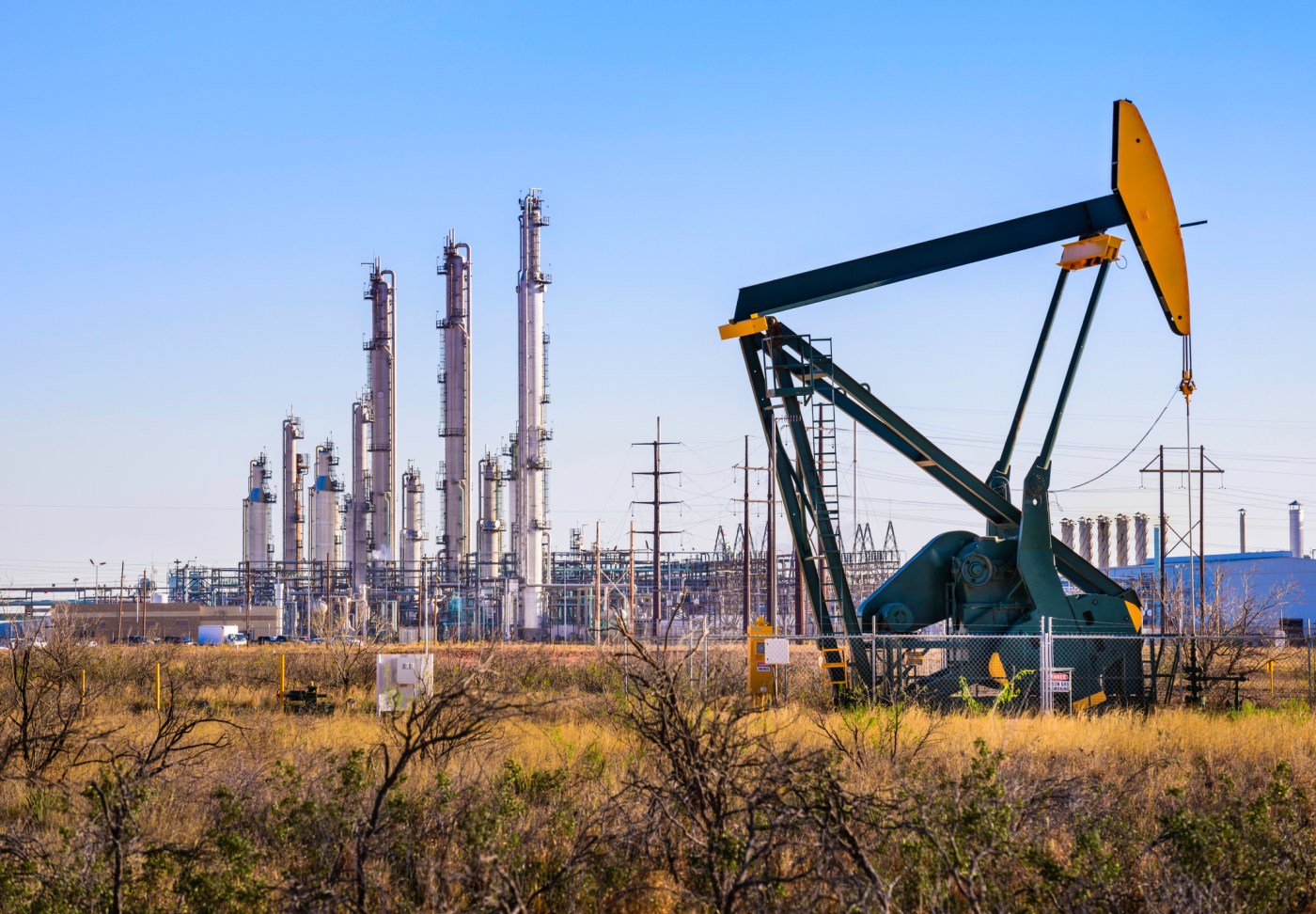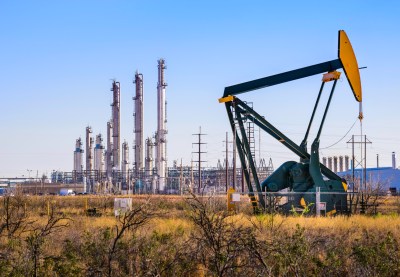The reason the U.S. has weathered the post-COVID era of relatively high inflation and relatively weak real economic growth is not “Bidenomics” (whatever “Bidenomics” means). You can thank the one thing our Democratic friends can be relied upon to demonize: fracking.
The European Union and the United States pursued similar COVID-era and COVID-recovery economic policies. Whatever you hear as the election approaches, U.S. policy was substantially continuous between the Donald Trump and Joe Biden administrations: It consisted mainly of very lightly overseen stimulus spending—and lots of it. The 2020 stimulus efforts in the United States were, in GDP terms, comparable to what most other advanced countries did.
But by 2021, with the passage of the so-called American Rescue Plan, U.S. stimulus outpaced most of the rest of the world—totaling about 27 percent of GDP. That’s a big stimulus. The United States engaged in significantly more stimulus, but the European Union got more inflation, at least for a while. Why?
The main reason that shows up in the economic data is that Europe saw a much larger spike in energy prices than the United States did, a problem made worse by fantastical European climate-policy aspirations. That inflation was not driven mainly by COVID policies—unless you count the Russian invasion of Ukraine as a kind of COVID policy, which, from a certain point of view, it very well may have been. Germany, the manufacturing and industrial powerhouse of the European Union, had been getting a huge share of its energy from Moscow-controlled sources, and it was not alone: About 40 percent of the gas piped into the European Union before the war came from Russian exporters. EU inflation was disproportionately driven by energy and food prices, which are really energy prices at one remove. (Food production and transportation is extremely energy-intensive.) This presented a complicated policy challenge for the European Union, because its member states are a pretty diverse bunch when it comes to the energy intensity of their economies and their supply arrangements. The French for once got to have a laugh at the Germans, who were looking at the threat of a long, cold winter while their neighbors to the west rejoiced in France’s abundant, clean, nuclear power—the kind of power the Germans inexplicably have been taking offline.
In the United States, the policy response to Putin’s energy hissy fit was a little more straightforward: The world demanded, and the United States supplied, petroleum exports setting a series of record highs. The United States currently produces more oil and gas than any country in the world—more than any country in the world ever has, in fact. There are powerful political headwinds pushing against U.S. energy production but, for now, the markets have overpowered the politics.
Much of U.S. energy production is driven by the set of innovative production practices collectively known as “fracking.” Hydraulic fracturing as such has been around for a long time, but the combination of fracturing with horizontal drilling and other advanced extraction techniques has been a game-changer—and not just because it made a bunch of guys in Midland, Texas, a pile of money. The United States has realized a significant reduction in greenhouse gas emissions in recent years—and it hasn’t been driven by solar panels on Berkeley rooftops or Teslas in Austin driveways. No, it’s been the result of fracking, which makes relatively clean natural gas so abundant and so cheap that it displaced relatively high-emissions coal in many power plants.
Autarky—national economic self-sufficiency—is always and everywhere a dumb idea as a matter of economics. It is a terrific way to impoverish and immiserate a nation. That being said, countries should make use of what they have. Canada is richly blessed with all manner of natural resources, good government, and productive people, but you probably don’t want to try to grow bananas there. (Or even in Savannah, for that matter.) Switzerland generates the majority of its electricity by means of hydroelectric plants, which probably wouldn’t work very well in New Mexico. (Not that they aren’t trying in the Land of Enchantment.) Monaco, as you probably won’t be surprised to learn, has no domestic fuel sources and imports all of its power from France; it somehow remains the world’s wealthiest polity despite its substantial trade deficit. The United States has oodles of domestic power sources—it could have a lot more if the powers that be would get their boots off the neck of the nuclear power industry—and, happily, Americans have been making good use of that blessing.
From a policymaking point of view, a healthy energy industry provides Washington with the same thing a powerful military does and a healthy federal balance sheet would: options. When Russia threatens to cut off gas exports, the ladies and gentlemen in Brussels have to worry about it, whereas the ladies and gentlemen in Washington can tell Putin to go jump in any convenient icy-cold Siberian lake of his choosing. For at least some American businesses, Moscow’s turning off the juice is great news—and would be even better news if the people who elected Joe Biden president weren’t also making it unnecessarily difficult to build energy infrastructure such as liquified natural gas-export terminals. Russian gas isn’t the only gas on the market.
Biden and his media cheerleaders get it wrong on inflation all the time. (Slate, of course, has so far declined to correct its piece falsely claiming that the United States has the lowest inflation in the G7 when it currently has the highest inflation in the G7—but, hey, who cares about facts in an election year?) (The Dispatch does.) But if you are interested in why the United States has economically weathered the post-COVID era better than, say, Germany, the answer is not going to be found at 1600 Pennsylvania Avenue. Look instead at a few unglamorous corners of Texas, Oklahoma, Pennsylvania, New Mexico, etc., where the hard and dirty work of pulling prosperity out of the rocks is done.







Please note that we at The Dispatch hold ourselves, our work, and our commenters to a higher standard than other places on the internet. We welcome comments that foster genuine debate or discussion—including comments critical of us or our work—but responses that include ad hominem attacks on fellow Dispatch members or are intended to stoke fear and anger may be moderated.
With your membership, you only have the ability to comment on The Morning Dispatch articles. Consider upgrading to join the conversation everywhere.